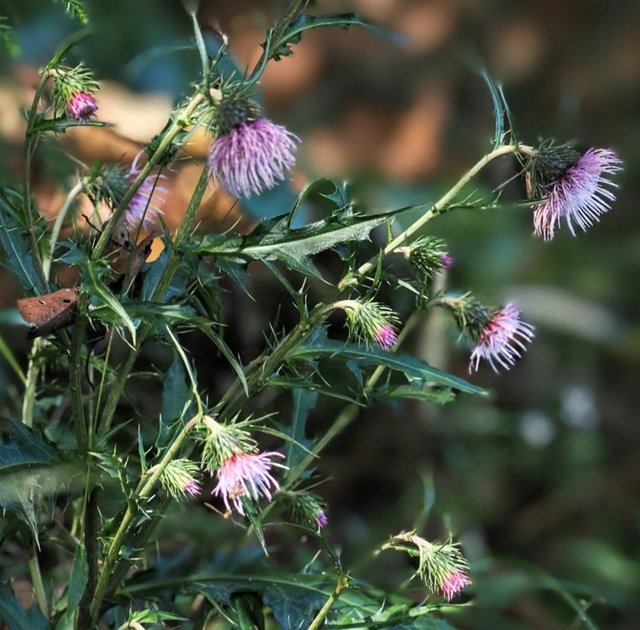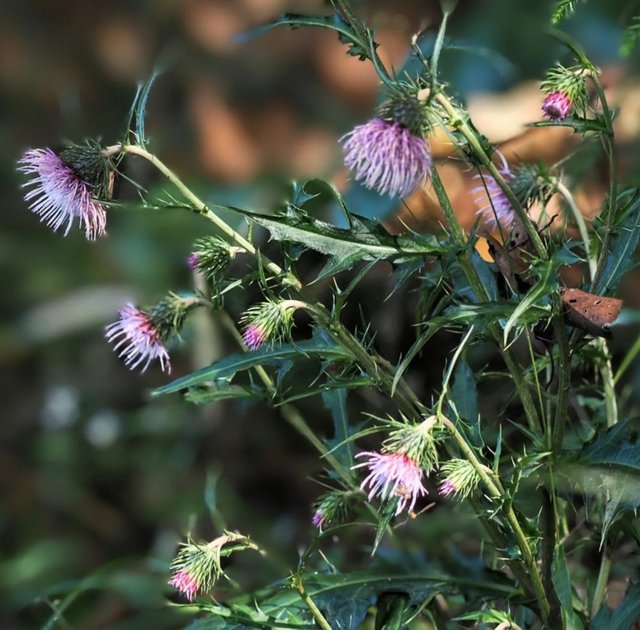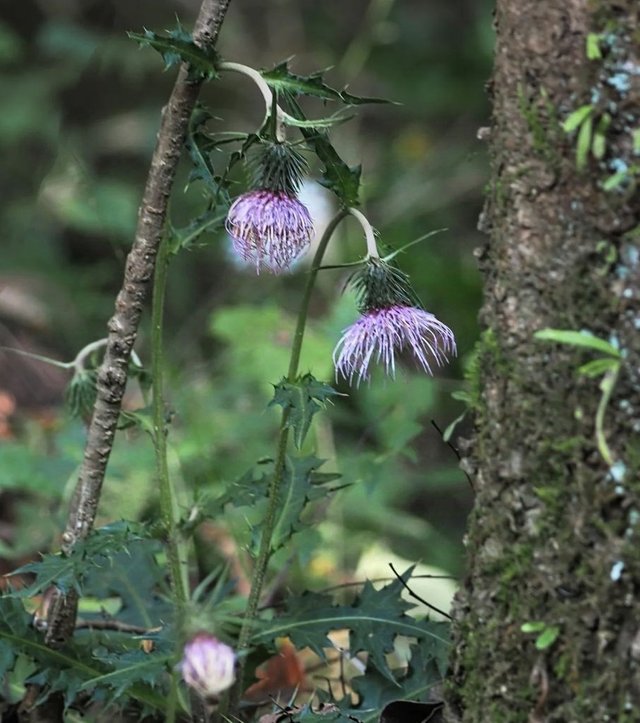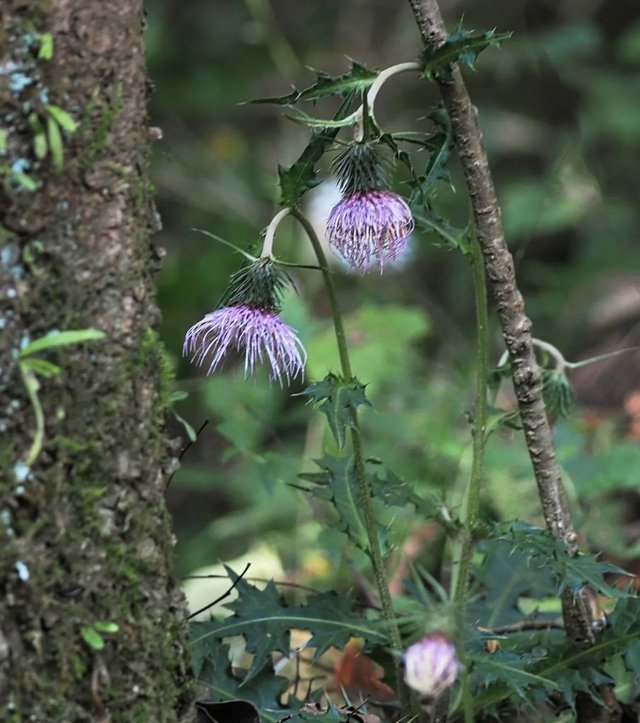Wonderful Colour Thistle Flower
Thistle, a spiky but beautiful plant, has intrigued botanists, herbalists, and gardeners for centuries. This hardy, resilient plant is known for its prickly leaves, vibrant purple flowers, and its symbolic presence in cultures worldwide. Found in various climates and landscapes, the thistle is often regarded as a weed, but it holds deep cultural significance, medicinal value, and ecological importance. Let’s dive into the many facets of this fascinating plant and explore why it's much more than a prickly nuisance.
Botanical Overview Thistles belong to the Asteraceae family, making them relatives of daisies, sunflowers, and even lettuce. The term “thistle” encompasses several genera, including Cirsium, Carduus, and Onopordum, each of which boasts multiple species with varying characteristics. While they’re easily identifiable by their spiny leaves and stems, thistles are most notable for their iconic purple or pink flower heads, which attract a wide range of pollinators, including bees, butterflies, and even some bird species like goldfinches.
Thistles thrive in well-drained, often disturbed soil and are found in meadows, roadsides, grasslands, and even coastal dunes. They are commonly regarded as pioneers in ecological succession—plants that establish themselves first in disturbed areas, preventing soil erosion and creating a habitat for other species.
Cultural and Symbolic Significance
The thistle is perhaps best known as a symbol of Scotland. It has been the national emblem of the country since the reign of Alexander III and represents resilience, bravery, and nobility. According to Scottish legend, a barefoot Norse invader once stepped on a thistle while attempting to raid Scotland, crying out in pain and alerting the Scots to the attack. This led to the Scots’ victory and the thistle's status as a protective emblem.
Beyond Scotland, thistles have a symbolic presence in other cultures. They’re often associated with endurance, strength, and resilience due to their ability to thrive in harsh conditions. In Christianity, the thistle is sometimes seen as a symbol of the fall from grace or human suffering, given its painful thorns. Yet, its beautiful blossoms serve as a reminder that beauty can emerge even amidst hardship.




